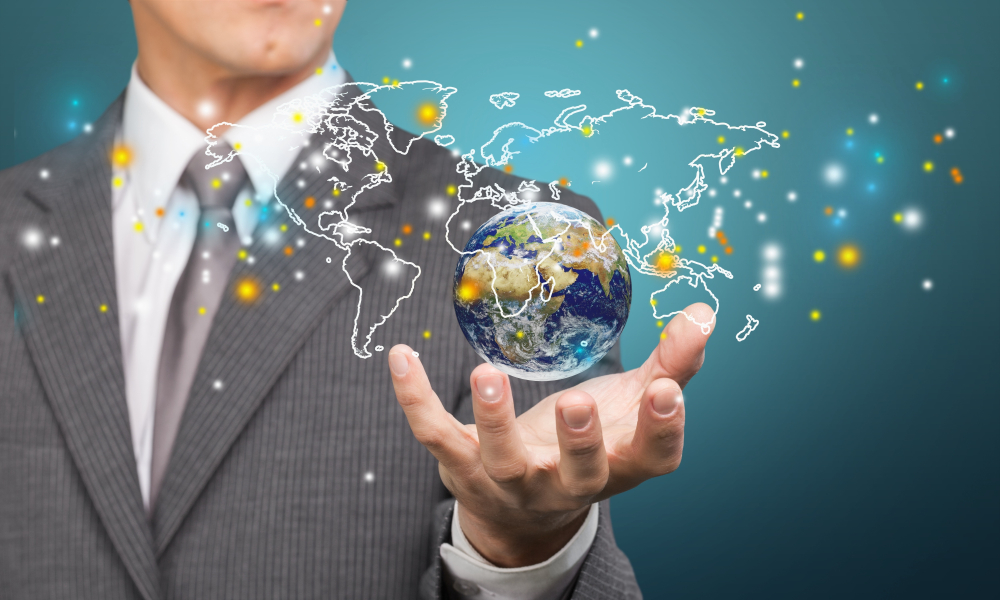COVID-19, the coronavirus pandemic, is seen as an event of the century. Some call it a black swan event. Its impact is felt across all countries and all sectors of business. The pandemic is reshaping the world.
The first impact was felt on supply chains with supplies from China drying up. Slowly bottlenecks from other countries started showing up. Until COVID-19 showed up, most of the procurement activities are centred around cost savings. The mantra appeared to be “buy from wherever the materials are cheapest, subject to quality parameters.” Post COVID-19 this is likely to change with risk of supply disruption being factored into the cost. At the same time, many companies and countries are considering near-sourcing or planning to become self-sufficient. This is likely to have a profound impact on supply chains. This rejigging of supply chains gives companies an opportunity to build green or sustainable supply chains.
The pandemic has also thrown the focus on ESG (environmental, social, and, governance) based investments. Investors are increasingly investing in ESG funds, and the volumes of these funds have skyrocketed. It has been shown that companies that rank high on ESG provide higher returns and tend to have a lower cost of capital. The key factor hampering the growth of ESG investments was the lack of clarity and standardisation of what the ESG factors are. With the EU coming out with the taxonomy for ESG, there will be greater clarity in measuring ESG and ESG investments will get a boost.
The focus on ESG has grown due to two events. Larry Fink, the CEO of BlackRock, wrote a letter to CEOs encouraging them to move towards stakeholder capitalism. The Business Roundtable saw 200 CEOs of the largest companies come together and sign up for their stakeholders. The momentum has grown as customers have become more informed and have started actively looking for sustainable products and companies that treat their stakeholders well.
During the lockdown, people across the world experience clear skies and fresh air – something they had never experienced in their lifetime. With vehicles off the road, pollution levels dropped hugely. This experience is likely to have a profound impact on the way people are going to think about their commuting preferences. This is an opportune moment for a policy shift towards sustainable transportation. There are massive efforts on for cleaner mobility solutions. The trajectory of the shift to sustainable transport will become steeper than what was anticipated earlier. Dealerships are now seeing enquiries for electric vehicles, and the trend is inly likely to grow. With the right policy initiatives, fiscal benefits, joint production and R&D efforts by automakers sustainable mobility will take off.
The pandemic has exposed chinks in healthcare systems across the world. Even the developed nations have been found wanting in the availability of beds and doctors. At the same time, focus has shifted to telemedicine and remote healthcare. This is a positive development for people in remote areas and the poor to access basic healthcare. At the same time, governments and healthcare industry will be spurred to broaden the base of the hospital network. People are also becoming more health-conscious and focussing on remaining fit. Many indigenous immunity boosters (haldi doodh, soonth goli, kabasura kudineer, etc.) have become part of daily ritual furthering the local industry. People are also realising importance quality fruits and vegetables. Both the growth in immunity boosters and need for high quality produce is likely to spur sustainable farming — reducing reliance on water usage and pesticides.
Providing quality education has been a massive problem for all developing countries. Large resources are required for providing school infrastructure and training of quality schoolteachers. The pandemic has shown how this can bridged by online education and remote education through television shows. It is now proven that high-quality education can be provided at scale. Schools and technology providers are finding many configurations through education can be provided. This will significantly aid in the achievement of SDG of quality education.
Workplaces are also transforming. Work from home has become a reality. While many companies are shutting offices, many like Reed Hastings want their staff back in offices. Among employees, the opinion is divided as well. At the same time, companies are realising the potential gains from digitization and automation. Slated bring significant efficiency to operations it is likely to have an adverse effect on employment with countries with large unemployment levels bearing the brunt.
Sustainable Development Goals (SDGs) set out in 2015 are a call to nations to end poverty, protect the planet and ensure that all people enjoy peace and prosperity by 2030. The 17 goals and integrated and balance environmental, social and economic sustainability. Changes that we are seeing have a direct bearing on achieving sustainable development goals. Along with Namrata Rana, I study these and several other issues in our study Responsible Business Rankings 2020.
The world is changing, and companies and governments will need to adjust their strategies to cope with the change. Many of these changes seemed distant a few months back. These are now a reality.



